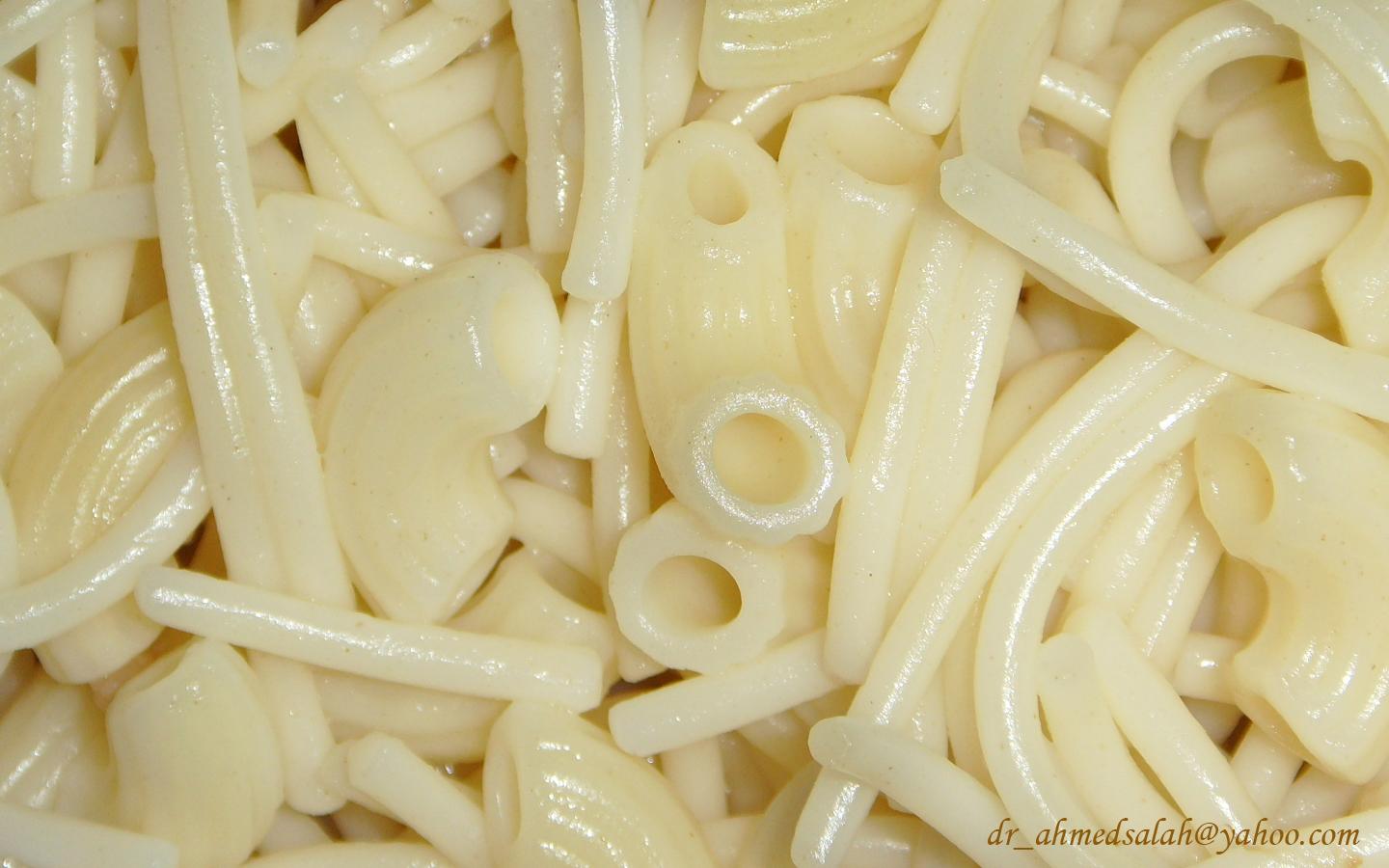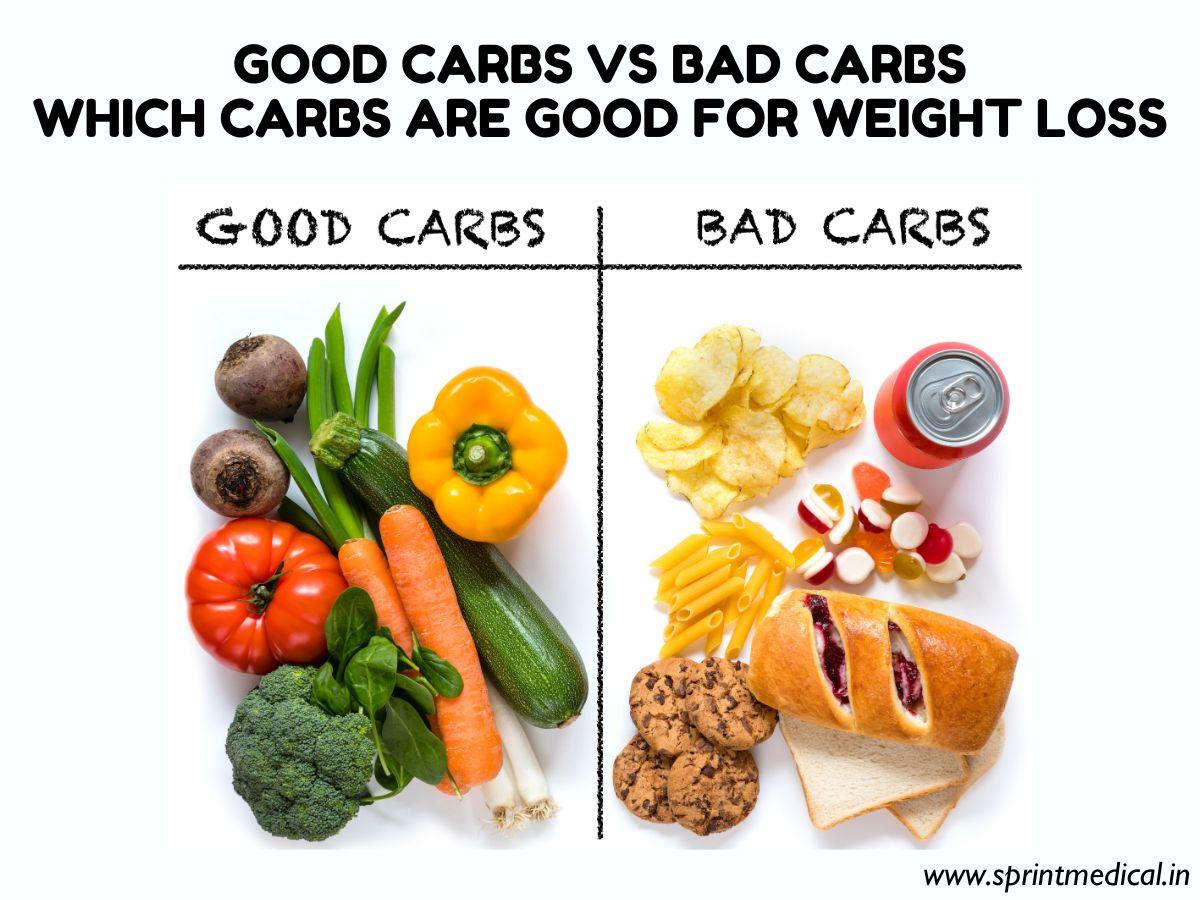In the bustling world of nutrition, carbohydrates often find themselves cast in a shadowy role, painted as the arch-nemesis in the quest for health and vitality. Yet, like characters in a gripping novel, not all carbs are as they seem. Some are the misunderstood heroes, quietly fueling our bodies with the energy needed to conquer daily challenges, while others may indeed wear the villain’s cloak, contributing to the health dilemmas we strive to avoid. As we navigate this complex landscape, it’s time to unravel the mystery and ask: Are all carbohydrates truly bad for you? Join us on a journey through the nuanced world of carbs, where we separate fact from fiction and discover the intricate dance between our bodies and this essential macronutrient.
Understanding Carbohydrates: Separating Myths from Facts
When it comes to carbohydrates, it’s easy to fall into the trap of thinking they’re all detrimental to our health. However, the truth is more nuanced. Carbohydrates are a crucial part of a balanced diet, providing the body with its primary source of energy. They are not inherently bad, but the type and quantity consumed can make a significant difference. Complex carbohydrates, found in whole grains, legumes, and vegetables, are packed with fiber, vitamins, and minerals, offering long-lasting energy and promoting digestive health. On the other hand, simple carbohydrates like those in sugary snacks and processed foods can lead to spikes in blood sugar and are often low in nutritional value.
To make informed dietary choices, consider these factors:
- Whole vs. Refined: Choose whole grains over refined ones to maximize nutrient intake.
- Natural Sugars: Opt for fruits and dairy products that contain natural sugars instead of added sugars.
- Portion Control: Pay attention to serving sizes to avoid overconsumption of carbohydrates.
- Balance: Pair carbohydrates with proteins and healthy fats to create a more balanced meal.
Understanding the different types of carbohydrates and their roles in the body can help dispel myths and guide healthier eating habits. By focusing on quality and moderation, carbohydrates can be a beneficial part of your diet rather than something to be feared.

The Role of Carbohydrates in a Balanced Diet
Carbohydrates often get a bad rap in the world of nutrition, yet they play a vital role in maintaining a balanced diet. At their core, carbohydrates are the body’s primary source of energy, fueling everything from your morning jog to your late-night brainstorming sessions. To appreciate their importance, it’s essential to distinguish between the different types of carbohydrates. Simple carbohydrates, found in sugary snacks and drinks, are quickly absorbed and can lead to spikes in blood sugar. In contrast, complex carbohydrates, present in whole grains, vegetables, and legumes, provide sustained energy and are rich in fiber, which aids in digestion and helps maintain a healthy weight.
Incorporating the right types of carbohydrates into your diet can bring numerous benefits. Consider these healthier carbohydrate sources:
- Whole grains like brown rice, quinoa, and oats
- Fruits and vegetables that are high in fiber and antioxidants
- Legumes such as beans, lentils, and chickpeas
- Nuts and seeds which offer additional healthy fats and proteins
By choosing these nutrient-dense options, you can enjoy the energy-boosting benefits of carbohydrates without the negative effects associated with their processed counterparts.

Spotlight on Healthy Carbs: Choosing Wisely for Optimal Health
When it comes to carbohydrates, not all are created equal. Choosing the right ones can be a game-changer for your health. Healthy carbohydrates are not the enemy; in fact, they are a crucial part of a balanced diet. The key is to focus on whole, unprocessed carbs that provide sustained energy and essential nutrients. These are the kind of carbs that keep you feeling full and satisfied, without the sugar crashes associated with their refined counterparts.
- Whole grains like quinoa, brown rice, and oats are packed with fiber and essential vitamins.
- Fruits such as berries, apples, and bananas provide natural sugars along with antioxidants.
- Vegetables, especially root veggies like sweet potatoes and carrots, offer a rich source of vitamins and minerals.
- Legumes including beans, lentils, and chickpeas are not only high in fiber but also a great source of plant-based protein.
Incorporating these healthy carbohydrates into your meals can lead to better digestion, more stable blood sugar levels, and improved overall wellness. Remember, it’s not about eliminating carbs; it’s about making smarter choices.

Practical Tips for Incorporating Good Carbs into Your Meals
- Choose Whole Grains: Opt for whole grains like quinoa, brown rice, and oats. These are rich in fiber and essential nutrients, offering a more sustained energy release compared to their refined counterparts.
- Embrace Legumes: Incorporate beans, lentils, and chickpeas into your meals. Not only are they great sources of protein, but they also provide complex carbohydrates that can help maintain blood sugar levels.
- Load Up on Vegetables: Fill your plate with a variety of vegetables, especially leafy greens and root vegetables like sweet potatoes and carrots. These are packed with vitamins, minerals, and healthy carbs.
- Mindful Portion Sizes: While good carbs are beneficial, it’s important to be mindful of portion sizes. Pair them with healthy fats and proteins to create a balanced meal.
- Experiment with Recipes: Get creative in the kitchen by experimenting with new recipes that highlight these good carb sources. Try a quinoa salad, lentil soup, or a vegetable stir-fry to keep your meals exciting and nutritious.
Incorporating these strategies into your daily routine can help you enjoy the benefits of good carbohydrates while maintaining a balanced diet. By focusing on whole, unprocessed foods, you can fuel your body efficiently and deliciously.
In Conclusion
As we navigate the labyrinth of nutritional science, the tale of carbohydrates unfolds with layers more intricate than a simple good or bad dichotomy. Much like a vibrant mosaic, carbohydrates contribute diverse hues to the canvas of our diet, offering energy, joy, and complexity. While some may caution against the seductive allure of sugars and refined grains, others champion the wholesome vitality found in whole grains, fruits, and vegetables. The narrative is not one of villains and heroes but rather of understanding and balance.
it is a personal journey—a quest for knowledge and moderation that guides our choices. As we sit down to our meals, let us remember that carbohydrates, in their myriad forms, are neither foe nor friend but rather companions on the path to nourishment. With informed decisions and mindful consumption, we can embrace the richness of our dietary landscape, crafting a symphony of flavors and nutrients that resonate with our unique health and lifestyle needs.


































